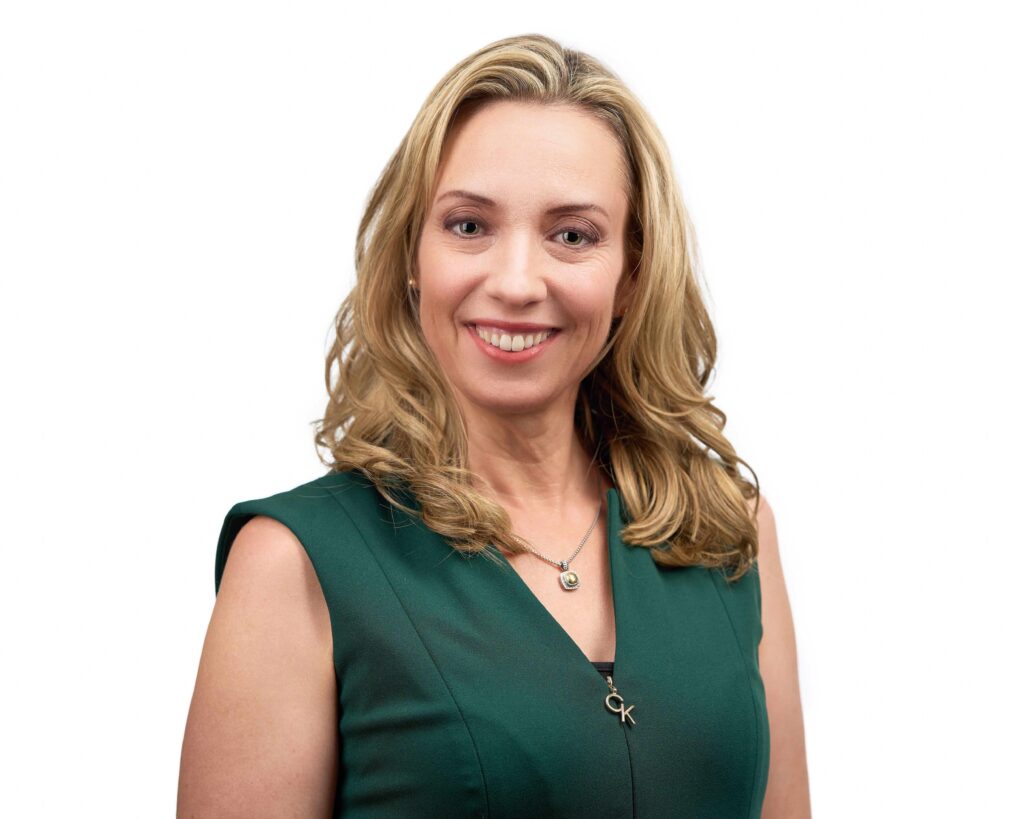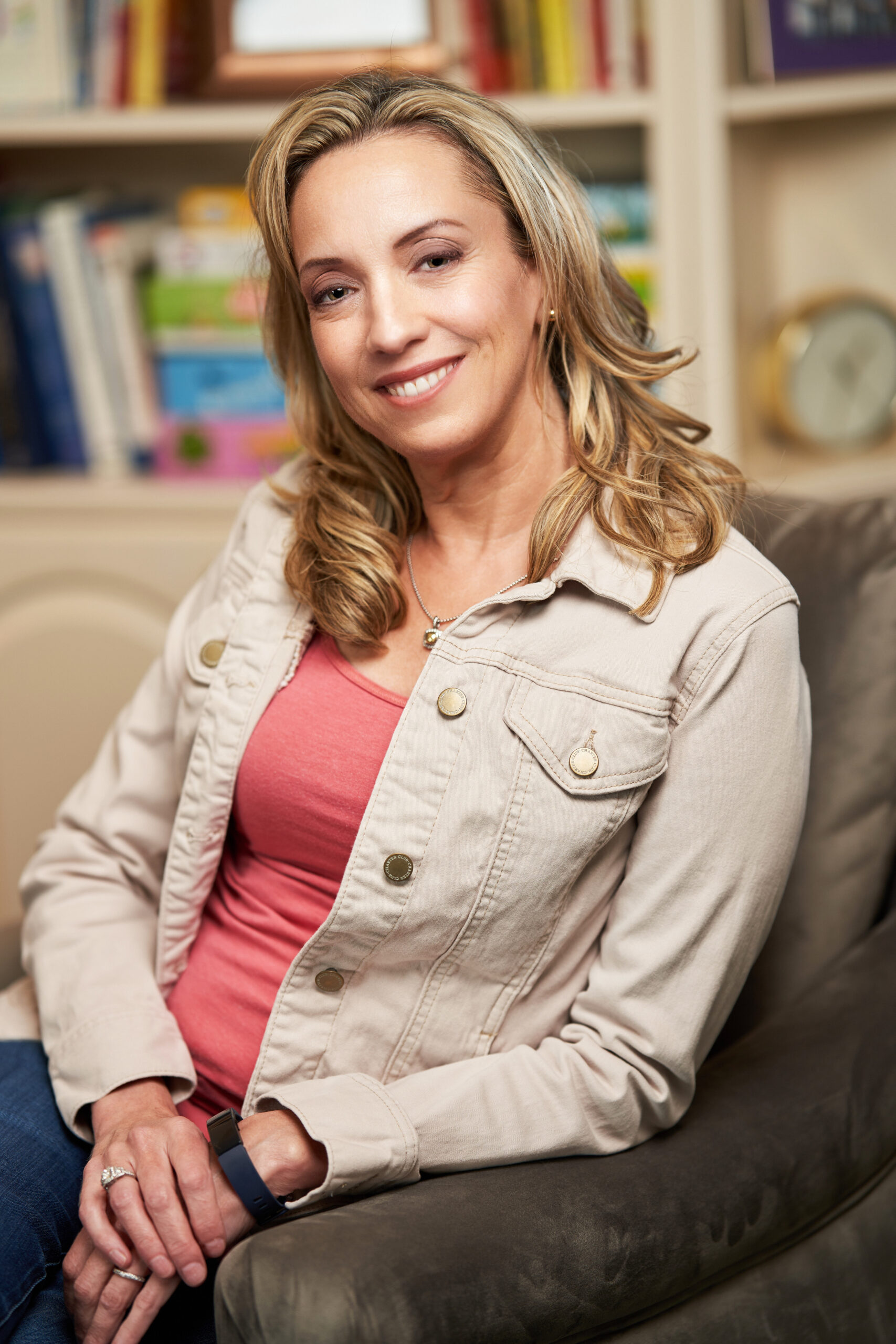
Dr. Chantal Marie Gagnon, Ph.D., LMHC
Licensed Psychotherapist
Board Certified in Professional Counseling
Florida Qualified Clinical Supervisor
Meet Dr. Chantal
Meet Dr. Chantal, a seasoned expert proficient in child development, marriage and family counseling, as well as addressing mental health concerns like depression, anxiety, PTSD, and postpartum issues. A U.S. Army Veteran, her distinctive journey, paired with dual training as a mental health clinician and psychology researcher, uniquely qualifies her to lead clients towards meaningful
- Education:
- Ph.D. in Social/Personality Psychology from Florida Atlantic University, with a research focus on understanding bullying in schools.
- M.A. in Psychology, specializing in Child Development, and a compelling thesis on infant temperament and empathy.
- M.S. in Mental Health Counseling, consistently achieving a perfect GPA.
- B.A. in Criminal Justice with a minor in Psychology, showcasing a well-rounded background.
- Certified in Emergency Medical Technology, with a perfect academic record.
- Clinical Experience:
- Offering individual psychotherapy for over a decade, providing a wealth of experience.
- Notable roles include Assessment Specialist and Clinical Supervisor at Friends of Children, specializing in child and adolescent mental health.
- As a Primary Care Therapist at Atlantic Shores Hospital, worked extensively with substance abuse, dual diagnoses, and acute psychiatric disorders.
- Versatile experience in both private practice and secure residential facilities.
- Clinical Training and Continuing Education:
- Completed numerous workshops and courses, including specialized training in PTSD therapy, play therapy for children, and anger management.
- Known for proficiency in working with diverse populations, including the LGBTQ+ community.
- Teaching and Public Speaking:
- Adjunct Instructor and Guest Lecturer at Florida Atlantic University, covering a variety of psychology topics.
- Acclaimed for developing and delivering workshops on anger management and effective communication.
- Research Experience:
- Acted as a Graduate Research Coordinator, specializing in developmental psychophysiology, and a history of publishing research findings and presenting at psychological conferences.
- Forensic and Administrative Roles:
- Gained experience in forensic settings, including work with medical examiners and jails.
- Well-versed in business operations, including marketing, human resources, and contract negotiations.
- Languages: Fluent in English and French.
- Awards and Honors: Recognized for academic excellence and outstanding contributions to the field.
Back in my early days as a mental health counselor, I was at a psychology conference when a fascinating question popped up: "Should your therapist be like a paid friend?" It got everyone talking. On one side, some said therapy should be a place where you can just unload your week's troubles, get some empathy, support, and a friendly ear. Others thought therapy's main gig should be tackling mental health symptoms like anxiety or depression and helping you build your own circle of friends for emotional backup. In other words, should your therapist aim to work themselves out of a job?
After thinking it over for more than two decades working with clients and patients, I find myself somewhere in the middle of the debate and the "your therapist should work themselves out of a job" camp. Here's the deal: most folks coming to therapy want a mix of practical guidance and a comfy, non-judgmental place to share their stories and struggles. But they also don't want to hang around in therapy forever.
If this sounds like the kind of support you're looking for, I could be your match. I'm here to offer emotional support, empathy, and a safe space for you to open up about your thoughts and feelings. But at the same time, we'll work together to set clear therapy goals and keep an eye on our progress. We'll dive into what's at the root of your challenges, come up with smart strategies, and put them into action to reach the goals we set.
Definitely speak up! I recently came across this article written by a therapist who has autism, it's one of the best pieces on Feedback Informed Therapy (also known as Client-Directed, Outcome-Informed Therapy) I've read. It's what SuperShrinks do!
So, here's the lowdown: when therapists like me regularly touch base with our clients, asking how they're experiencing therapy, what they value about it, and where we might need to step up our game, amazing things unfold. Clients start feeling better, and the results are truly remarkable. What's more, therapists become more effective at what they do. It's a win-win all the way!
So, don't hold back. Tell me how you're truly feeling about our journey together. Your insights are pure gold.
Yes, in some cases I do. For established patients who are at least 15 years old, video chat or phone sessions are always an option, although I encouraged clients to have as many in-person sessions as possible, because in person sessions are generally more engaging and useful.
For individuals younger than 15 years old, I only do therapy in the office because my therapy work with children and tweens is very interactive and engaging, and involved various activities, games, and crafts.
Similarly, for couples, the type of couples counseling I do, is infinitely more effective in person, although I some cases, it can also be done successfully on video chat.
I am trained and experienced in a variety of psychotherapy modalities, including:
- Cognitive-Behavioral Therapy (CBT)
- Dialectical Behavior Therapy (DBT)
- Humanistic-Existential Therapy
- Person-Centered Therapy (Rogerian Therapy)
- Rational Emotive Behavior Therapy (REBT)
- Bowen Family Therapy
- Couples Therapy
- Solution-Focused Brief Therapy (SFBT)
- Narrative Therapy
- Mindfulness-Based Cognitive Therapy (MBCT)
- Play- Therapy (for children)
- Integrative or Eclectic Therapy
- Behavioral Therapy
- Reality Therapy
- Attachment-Based Therapy
- Multicultural and Culturally Sensitive Therapy
- Anger Management Counseling
- Positive Psychology
- Client-Directed Outcome-Informed Therapy (CDOI)
- Cognitive Processing Therapy
- Exposure and Response Therapy
- Systematic Desensitsation
Working with Dr. Chantal...
I will help you get to the bottom of things and give you a plan of action. I believe that the goal of therapy is not only to help restore your “mental health” but to help you live your best life! By understanding yourself – you past and your present – you’ll be better equipped to create the future you want.
I’ve worked with everyone from inmates in jail to C-suite executives. What I know is that while our journey varies, we all struggle, we all triumph, and we all need to be more skillful at tapping into our unlimited personal power.
Let’s get started!

